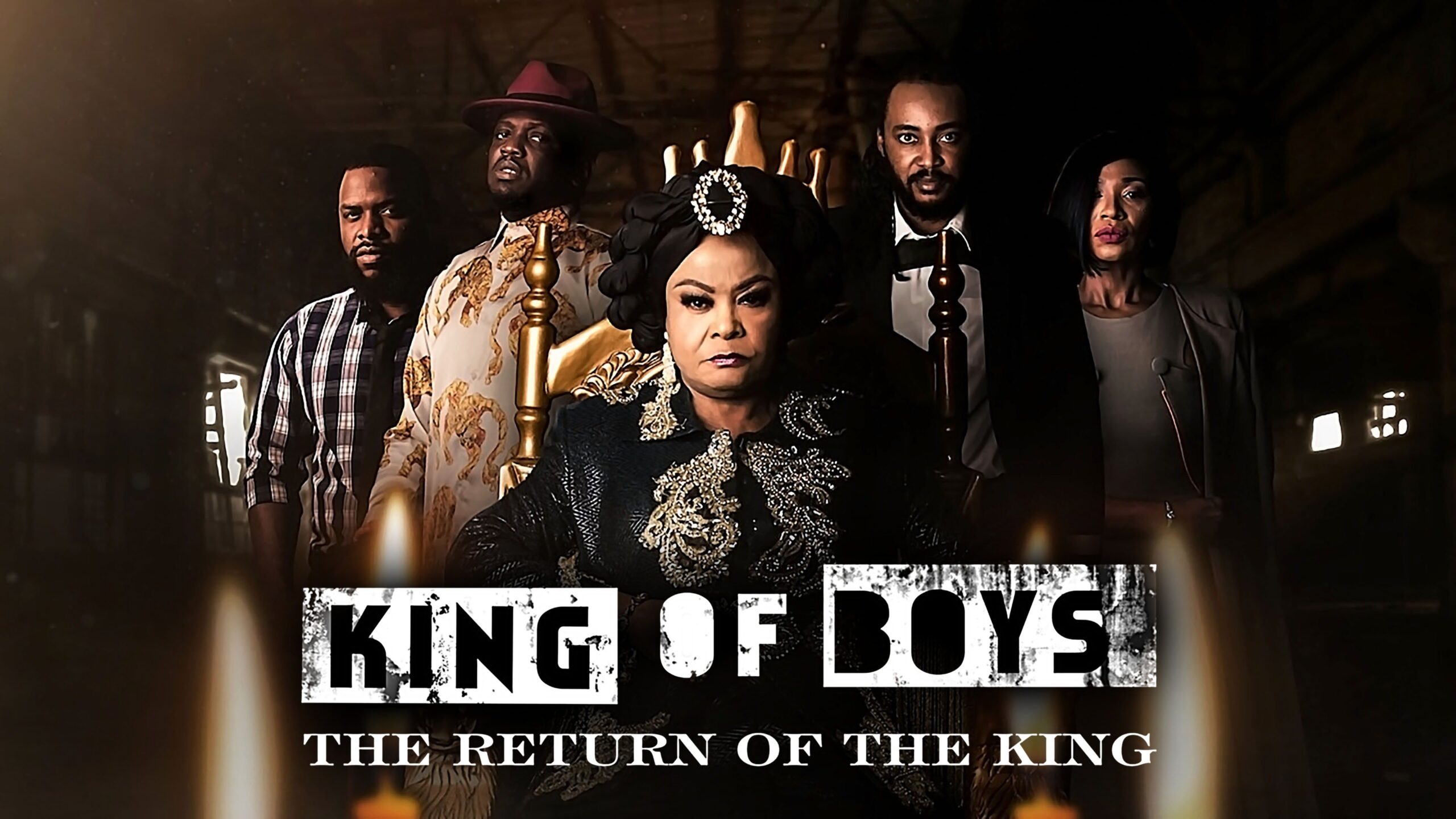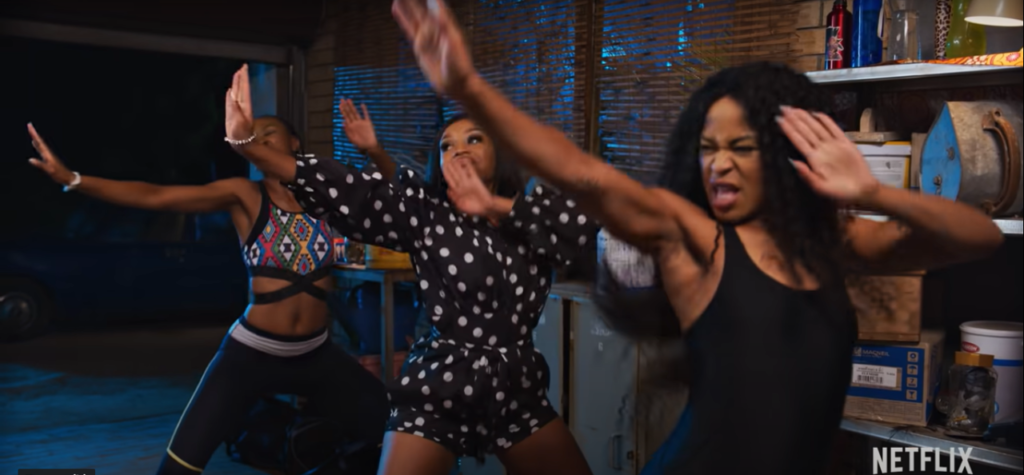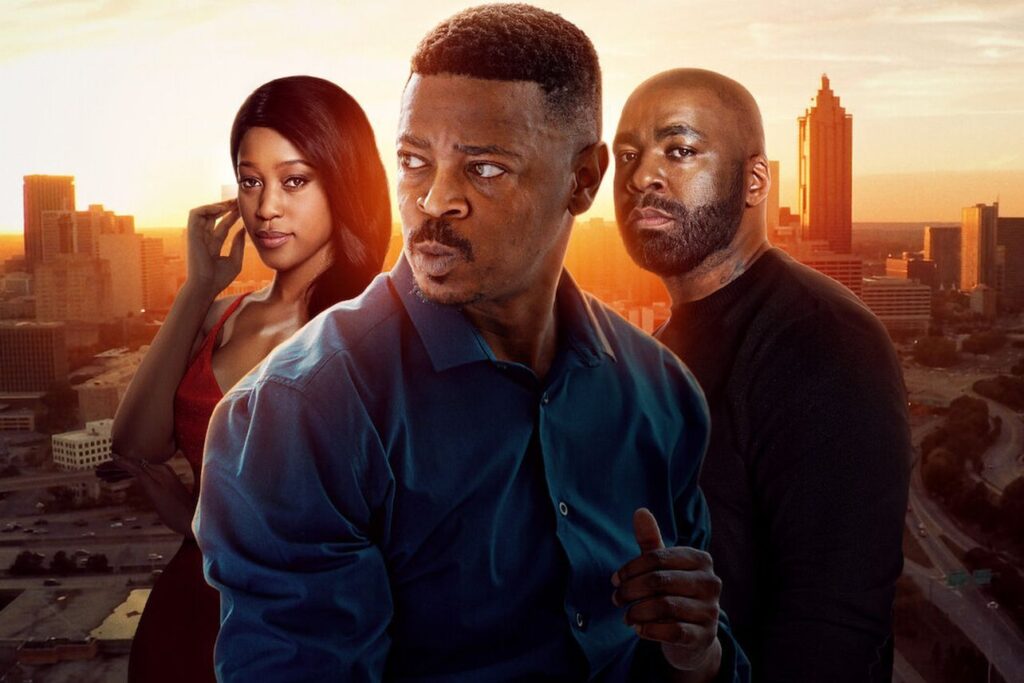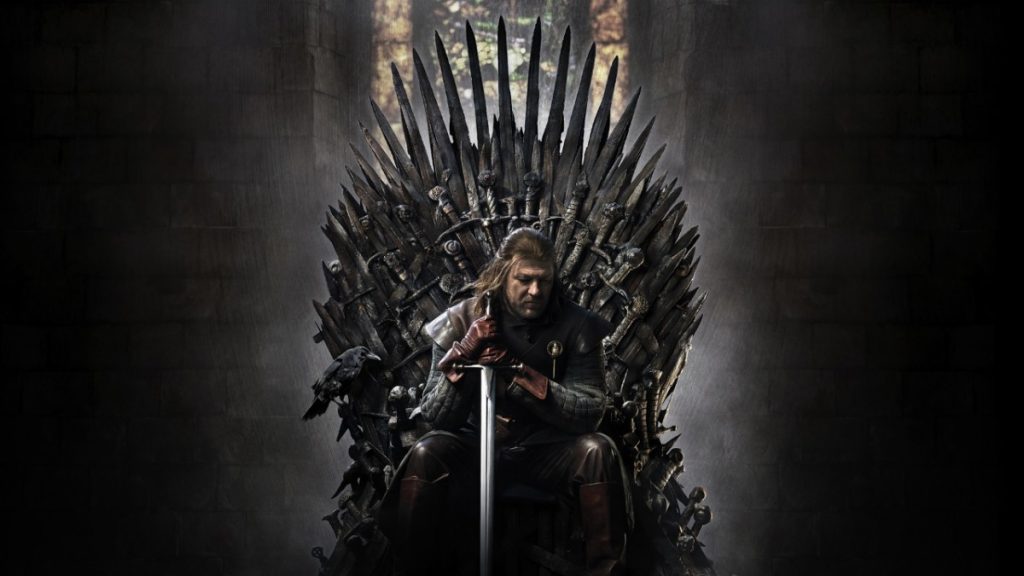In an interview on Arise 360, director Kemi Adetiba said she did not intend to make a sequel for the 2018 film, “King of Boys.” We are glad she did, not for the story but because she somewhat redeemed the image of the “king.”
Some fans have dubbed the conclusion of the story presented as a seven-episode limited Netflix series, King of Boys: The return of the king,” a masterpiece. Certainly not! Not when you begin to count how many times the Nollywood cliché, “listen, and listen good” is used, when Sola Sobowale makes a statement in Yoruba and sees a need to repeat it in English, though we are watching with subtitles, when characters who have no backstory and add no value to the story are introduced or when a character refers to the drawing of a man wearing a beret and an eyepatch as Superman!
“King of Boys: The Return of the King,” picks up from where the film left off. Five years after being in exile, Alhaja Eniola Salami returns to Nigeria amid much pomp and pageantry because she has been cleared of all charges against her. She immediately announces her intention to run for the office of the governor of Lagos State. This does not bode well for the incumbent governor and earns Salami a new enemy in the governor’s wife, Jumoke Randle (Nse Ikpe-Etim). Also, a young investigative journalist Dapo Banjo of the Conscience Newspaper and portrayed by Efa Iwara, begins digging into her past.
Meanwhile, Salami is tormented by her alter-ego, the young Eniola Salami. As such, she is conflicted. Some of the most memorable scenes of “King of Boys: The Return of the King,” are those that capture the dynamic between the old and young Eniola. One Eniola is confrontational and wants revenge. The other laments the loss of her children and does penance. Ms Sobowale and Toni Tones are exceptional in their portrayal of these conflicting personalities. And even more so in that chest-beating scene in the final episode of the series.
Jumoke Randle is ambitious and might not be the most relatable character but one must give credit to whom it is due, because Ms Ikpe-Etim delivered on the brief. Even more delightful was the “King Woman” Taiwo Ajai-Lycett who played the role of the governor’s mother. In about five minutes spread over two scenes, Ms Ajai-Lycett gave us more joy than some more prominent cast members featured in episodes. We will be talking about her performance for a long time.
Remilekun “Reminisce” Safaru and Tobechukwu “Illblis” Ejiofor reprise their roles as Akorede, also known as Makanaki, and Odogwu Malay respectively. Odogwu Malay is the most authentic of the characters in this sequel. He is given more screen time in the series than the film and it is well worth it. Charly Boy plays Odudubariba, one of the new characters. We appreciate his understated performance yet his end was underwhelming.
What’s more underwhelming about “King of Boys: The Return of the King,” is the story. Although the series had some good acting, production values, product placements and costume design, the story leaves many questions unanswered. Why did someone who put the president in office need endorsements? Who is Odudubariba and why has he risen to such prominence? Who was feeding the Dapo Banjo with information?
The limited series has a strong start and a stronger finish. However, Ms Adetiba clearly did not take onboard feedback on pacing and the length of her 2018 film because some of the middle episodes of the series were a little slow. Simply put, the sequel could easily have been told in five episodes or better still, a feature film. Furthermore, the story would still be meaningful if some characters such as the Reverend Ifeanyi (Richard Mofe-Damijo) did not feature. Ms Adetaiba seemed to forget that part of the magic of the film was staying away from the Nollywood formula of starring a star-studded cast but rather, including some surprises in the line-up namely, Reminisce and Illbliss.
It is also worth mentioning that in the prequel, Alhaja Salami went to a white garment church to fortify herself. So it seemed out of character to go to the reverend for help during her crisis of conscience. Had she tried her white garment church and failed? That relationship would have worked best if left political. Nonetheless, the story has some interesting plot twists. Of them, the set-up of Dapo Banjo was most satisfactory. For fans who believe Alhaja Salami did not deserve the crown in the “King of Boys” film, the final plot twist could also be satisfactory. Yet, it is a shame that the showdown between Alhaja Salami and Makanaki still did not happen. In some way, watching the sequel, “King of Boys: The Return of the King,” felt like watching “Game of Thrones” season 8 in which certain characters were built to no avail, leaving fans disappointed.




